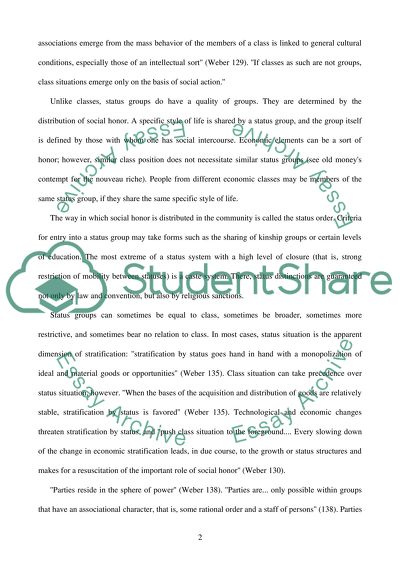Cite this document
(“Sociology Essay Example | Topics and Well Written Essays - 1000 words - 8”, n.d.)
Sociology Essay Example | Topics and Well Written Essays - 1000 words - 8. Retrieved from https://studentshare.org/miscellaneous/1500237-sociology
Sociology Essay Example | Topics and Well Written Essays - 1000 words - 8. Retrieved from https://studentshare.org/miscellaneous/1500237-sociology
(Sociology Essay Example | Topics and Well Written Essays - 1000 Words - 8)
Sociology Essay Example | Topics and Well Written Essays - 1000 Words - 8. https://studentshare.org/miscellaneous/1500237-sociology.
Sociology Essay Example | Topics and Well Written Essays - 1000 Words - 8. https://studentshare.org/miscellaneous/1500237-sociology.
“Sociology Essay Example | Topics and Well Written Essays - 1000 Words - 8”, n.d. https://studentshare.org/miscellaneous/1500237-sociology.


